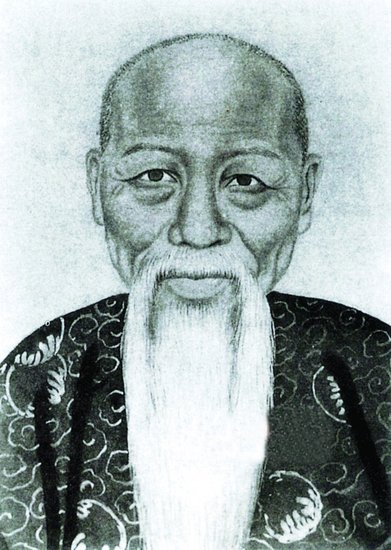
I don't konw.
I don't have a clue./I haven’t a clue.
It beats me’.
I have no idea.
I haven’t the faintest idea.
How should I know?
Search me.
1.I don't know.=I do not konw.一般都是用的这个语句,它几乎告颤迟适用于各种语境,英语对话,作文都可以用它。但是,对话一直用这袜李个会让人感觉过于死板, 可以用其他的短语。
2.英语不同的语境用的短语也可以不同,可以根据语境翻译。
e.g. ‘When do you have to submit this essay?’ ‘Dunno. I can’t remember.'
例句:“你什么时候要交论文?”“不知道,不记得了。”
3.I don't have a clue./I haven’洞键t a clue.两个句子为不同时态的回答。与I don't konw.相似,不带有语气色彩。
e.g. ‘Would you by any chance know where St James’s Street is?’ ‘I haven’t a clue. Sorry.’
例句:“你知道圣詹姆斯大街在哪儿吗?” “不好意思,不太清楚。”
e.g. ‘What time does the film start?’ ‘I have no idea. Why don’t you call the cinema?’
例句:“电影什么时候开始?” “不清楚,你为什么不打电话问电影院呢?”
4.It beats me.回答相对随意,不含贬义色彩。
e.g. ‘Why did he do such a stupid thing?’ ‘It beats me.’
例句:“他怎么会做这种蠢事?” “不知道啊”
e.g. ‘What time does the film start?’ ‘I have no idea. Why don’t you call the cinema?’
例句:“电影什么时候开始?” “不清楚,你为什么不打电话问电影院呢?”
e.g. ‘Could somebody please explain how this happened?’ ‘I haven’t the faintest idea.’
5.也有语气相对不好,不耐烦的短语。可用反问的语句。
例句:“有没有人能解释一下这是怎么回事?” “我也不知道。”
e.g. ‘Who left this mess on the table?’ ‘How should I know? I’ve only just come home.’
例句:“谁把桌子弄得一团乱?” “我怎么知道,我才刚到家。”
e.g. ‘Why didn’t he ask you for the keys?’ ‘Search me. I’m not a mind reader.’
例句:“为什么他不问你要钥匙呢?” “不知道,我又不会读心术。”
参考资料
沪江英语网.沪江英语网[引用时间2017-12-20]
标签:英文,知道















